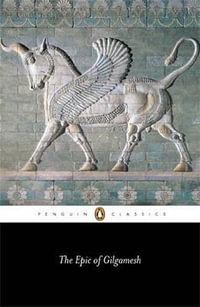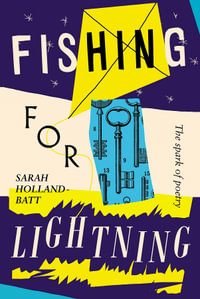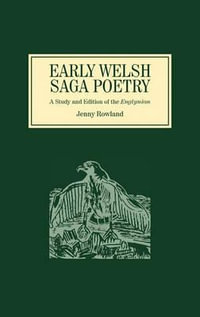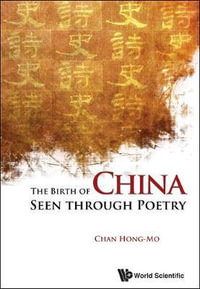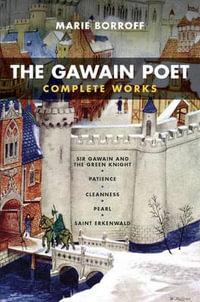Kipling's reputation as the unofficial Laureate of the British Empire has obscured the true nature of his poetic achievement. Far from being the Establishment figure of popular legend, he was a fiercely independent poet, opposed to the dominant political and literary tendencies of his age. His poems range from exhilarating celebrations of British expansion overseas, through vivid character sketches of soldiers and seamen, to enchanting poems for children, political invective and artistic manifestos.
In this selection Kipling's poems are presented in chronological order to reveal the scope and development, as well as the originality, of his work. It opens with Kipling satirizing the British India, and closes with him warning against the rise of Nazi Germany.
About The Author
Rudyard Joseph Kipling was born in Bombay in 1865. His father, John Lockwood Kipling, was the author and illustrator of Beast and Man in India and his mother, Alice, was the sister of Lady Burne-Jones. In 1871 Kipling was brought home from India and spent five unhappy years with a foster family in Southsea, an experience he later drew on in The Light That Failed (1890). The years he spent at the United Services College, a school for officers’ children, are depicted in Stalky and Co. (1899) and the character of Beetle is something of a self-portrait. It was during his time at the college that he began writing poetry and Schoolboy Lyrics was published privately in 1881.
In the following year he started work as a journalist in India, and while there, produced a body of work, stories, sketches and poems – notably Plain Tales from the Hills (1888) – which made him an instant literary celebrity when he returned to England in 1889. Barrack Room Ballads (1892) contains some of his most popular pieces, including ‘Mandalay’, ‘Gunga Din’ and ‘Danny Deever’. In this collection Kipling experimented with form and dialect, notably the cockney accent of the soldier poems, but the influence of hymns, music-hall songs, ballads and public poetry can be found throughout his verse.
In 1892 he married an American, Caroline Balestier, and from 1892 to 1896 they lived in Vermont, where Kipling wrote The Jungle Book, published in 1894. In 1901 came Kim and in 1902 the Just So Stories. Tales of every kind – including historical and science fiction – continued to flow from his pen, but Kim is generally thought to be his greatest long work, putting him high among the chroniclers of British expansion.
From 1902 Kipling made his home in Sussex, but he continued to travel widely and caught his first glimpse of warfare in South Africa, where he wrote some excellent reportage on the Boer War. However, many of the views he expressed were rejected by anti-imperialists who accused him of jingoism and love of violence. Though rich and successful, he never again enjoyed the literary esteem of his early years.
With the onset of the Great War, his work became a great deal more sombre. The stories he subsequently wrote, A Diversity of Creatures (1917), Debits and Credits (1926) and Limits and Renewals (1932) are now thought by many to contain some of his finest writing. The death of his only son in 1915 also contributed to a new inwardness of vision. Kipling refused to accept the role of Poet Laureate and other civil honours, but he was the first English writer to be awarded the Nobel Prize, in 1907. He died in 1936 and his autobiographical fragment Something of Myself was published the following year.

